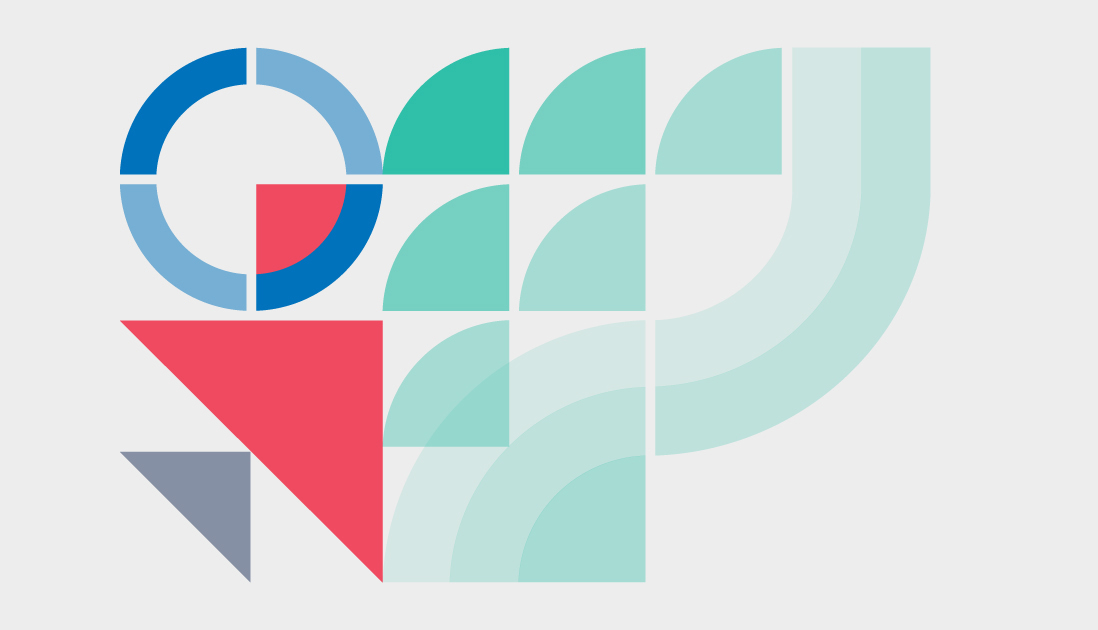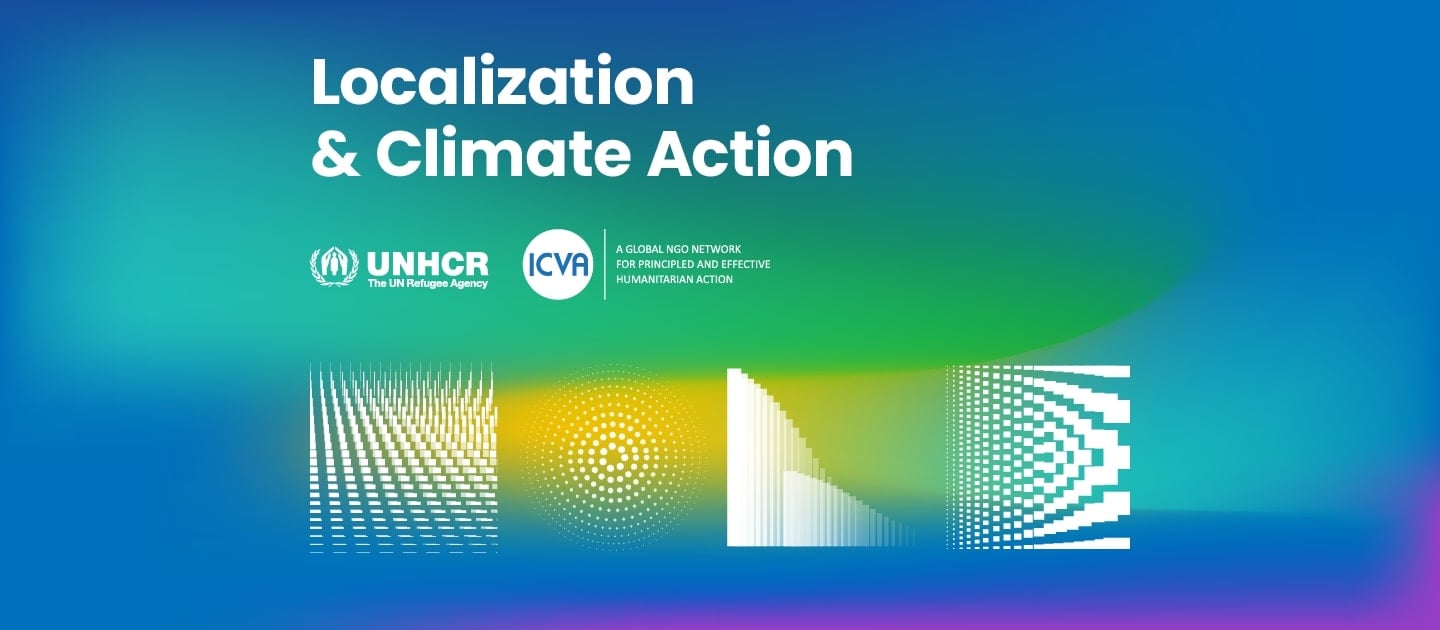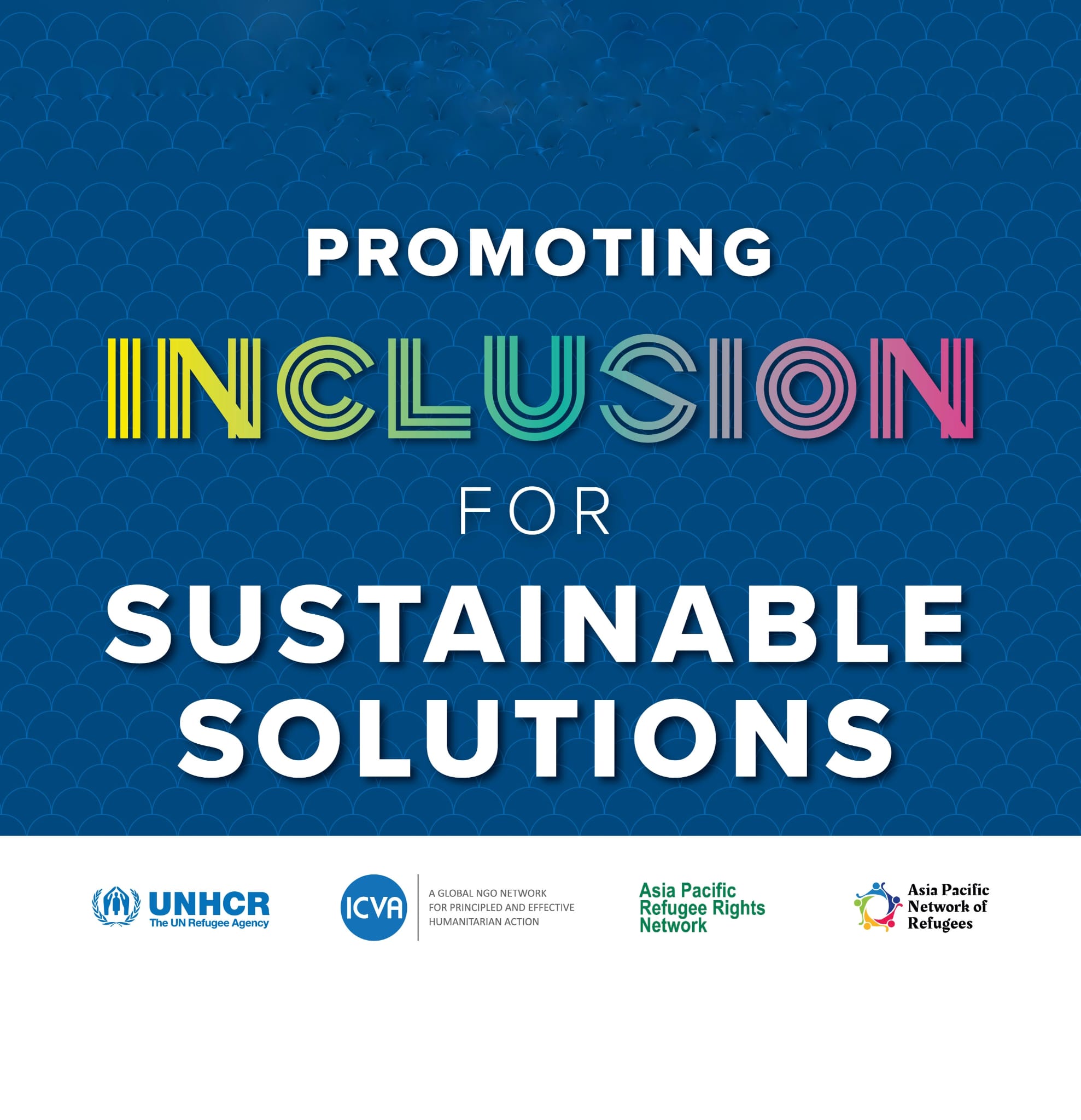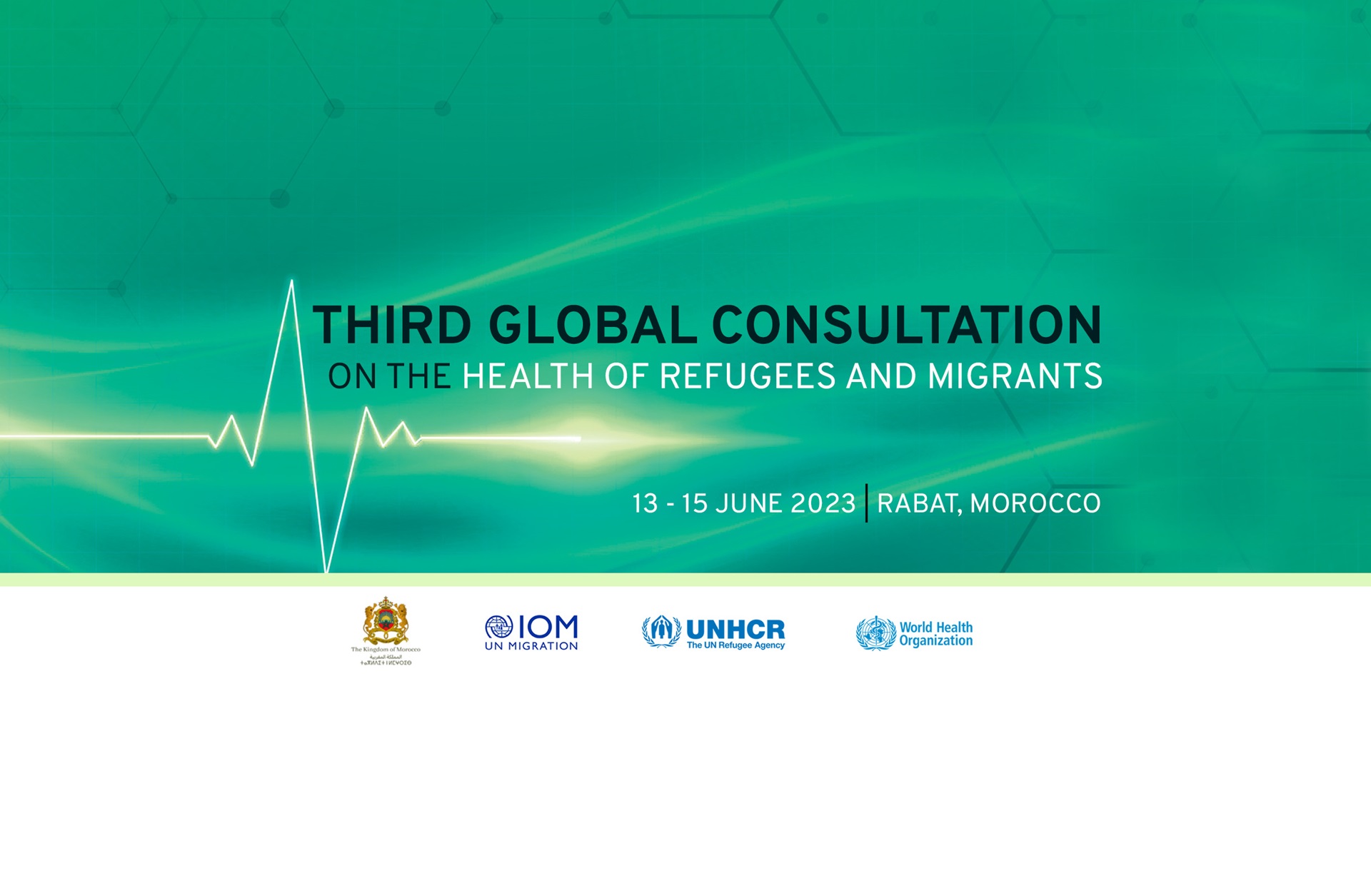2023 UNHCR Online Consultations with NGOs
2023 UNHCR Online Consultations with NGOs
This is a follow-up on the model of online NGO Consultations held since the onset of COVID in March 2020, and will complement the UNHCR-NGO Global Consultations held every two years (next edition will be in 2024).

Objectives and approach
The overall objective of those online Consultations is to support an enabling environment for NGOs and UNHCR to exchange on operational, policy and advocacy priorities in a safe space.
Going beyond the information-sharing focus and the usual panel and Q&A format, the perspectives provided by participants aim to:
- strengthen policymaking processes at the stages of conception, drafting, impact assessment, decision-making;
- improve monitoring and evaluation of policy implementation, when appropriate;
- create prioritized and manageable follow-up action points.
The aim of the Consultations is to:
- lead to concrete and lively exchanges between UNHCR and NGOs, sometimes inclusive of other actors;
- link to ongoing policy and strategy developments (e.g. UNHCR policies developed/reviewed in 2022 and/or 2023 and which would benefit from NGO input);
- link to major global initiatives and processes (e.g. related to the Global Refugee Forum);
- link to operational aspects, particularly in engaging NGOs in the operationalization of specific policies and strategies or in discussing – at global level – coordination and implementing partnerships issues;
- connect to past discussions as well as to upcoming discussions such as in the framework of the 2024 UNHCR-NGO Global Consultations;
- lead to collective recommendations and/or follow-up actions.
On this page, you'll find
- summaries of each Consultation, published afterwards;
- public background materials and guidance documents related to the topics discussed (if available);
- topics for future Consultations (see Calendar);
- an information note on the background, participation criteria and logistics of the Online Consultations with NGOs.
We will email notes and panellists’ presentations to registered participants.
If you were not at a session, email partnership@unhcr.org to request notes and presentations.
Calendar of Consultations
- 2 March 2023: Increasing access to asylum through improved asylum capacity (co-organized with ICVA)
- 4 April 2023: Disability (co-organized with International Disability Alliance)
- 22 May 2023: UNHCR’s Innovation Funds
- 27 June 2023: Update on the Refugee Coordination Model
- 3 October 2023: Leveraging COP28 and the Global Refugee Forum 2023 for Joint Policy Engagement on Climate and Displacement (co-organized with ICVA)
Participation criteria
As per the participation approach for the UNHCR-NGO Global Consultations, NGOs who wish to attend and contribute to those consultations should meet at least one of the following criteria:
- be a partner of UNHCR in 2022/2023;
- be an NGO collaborating with UNHCR (including operational partners organizations led by forcibly displaced and stateless persons);
- be a member of ICVA;
- have consultative status with ECOSOC (UN Economic and Social Council) with a demonstrated interest in the solution to the problem of refugees, internally displaced persons and/or statelessness and/or in the themes of the consultations.
Other actors (e.g. academia representatives, sports associations, etc.) may be allowed to join as observers.
If your NGO fulfills one or more criteria above:
- email partnership@unhcr.org;
- use email subject “Participation in UNHCR-NGO Quarterly Consultations – Name of Organization”;
- include an explanation of why you wish to attend and contribute to the UNHCR-NGO Quarterly Consultations.
Past sessions
2023 session summaries
-
Session 1: Increasing access to asylum through improved asylum capacity (2 March 2023)
-
Session 2: Enhancing inclusion and protection of forcibly displaced persons with disabilities (4 April 2023)
-
Session 3: UNHCR Innovation funds (22 May 2023)
-
Session 4: The updated Refugee Coordination Model (27 June 2023)
The discussions centered around the Asylum Capacity Development (ACD) evaluation of UNHCR’s support for Strengthening National Asylum Systems (ACD evaluation) and the plans to establish a dialogue platform for the Asylum Capacity Support Group (PDF)Link is external. The ACD evaluation welcomed UNHCR’s policy, technical and programmatic efforts, across the world, to support national asylum systems. However, it calls for a more strategic and systematic approach to strengthening national asylum systems based on a broader capacity development methodology. UNHCR has developed a management response which sets out the action-oriented and practical steps that it will take in the coming years to ensure more transformative and effective support to national asylum systems. These steps include elevating asylum capacity development in UNHCR’s priorities through strategy and developing practical tools to guide States and operations.
Speakers
- Ms. Gillian Triggs, Assistant High Commissioner for Protection (UNHCR)
- Ms. Elise Currie-Roberts, Chief, Asylum Systems and Determination Section, Division of International Protection (UNHCR)
- Ms. Leila Muriithia Simiyu, Director of Programmes (Refugee Consortium of Kenya)
- Based on this recently published discussion paper, Exploring the intersectionality of International Refugee Protection and the 2006 Convention on the Rights of Persons with DisabilitiesLink is external, this online consultation was an opportunity for participants to enhance their understanding of the challenges faced by persons with disabilities in refugee status determination and asylum processes and hear from some speakers about their personal experiences in this regard.
- Speakers underlined the importance of advocating for governments to remove any discrimination in their laws, policies, and programs against refugees with disabilities, so that they can access the services they require including social protection, self-reliance, and livelihood opportunities. They emphasized the need of addressing the physical, information, communication, attitudinal and institutional barriers, as well as ensuring accessibility in refugee status determination and asylum processes.
- They provided concrete examples, for instance on the risks and vulnerabilities faced by internally displaced women with disabilities in Cameroon, the barriers refugees and asylum seekers face upon arrival in Ireland, and the need to empower organizations of persons with disabilities with the necessary capacity and resources to improve their advocacy and service delivery.
- Finally, the need for disability inclusion in planning and coordination, disaggregating data and results as well as the shared responsibility with partners to jointly identify barriers were discussed.
- As next steps, participants were encouraged to use the upcoming 2023 Global Refugee Forum to look for States and donors interested in funding specific opportunities or projects for example addressing the inclusion of persons with disabilities, advocate for specific pledges on disability and encourage governments to make pledges more inclusive.
Speakers
- Mr. Ricardo Pla Cordero, Protection Officer, Disability Inclusion, Division of International Protection, UNHCR.
- Ms. Elham Youssefian, Inclusive Humanitarian Action and Disaster Risk Reduction (DRR) Advisor, International Disability Alliance.
- Mr. Juan Cobeñas, Fellow of the Reference Group on Inclusion of Persons with Disabilities in Humanitarian Action (DRG).
- Mr. Mohamed Camara, Diversity, Inclusion and Disability Advocate, International Disability Alliance.
- Ms. Armelle Nogning, Regional President of Coordinating Unit of Associations of Persons with Disabilities in the North West Region of Cameroon and Founder of Community Creative Center for Women and Girls with Disabilities.
- Mr. Julius Mvenyi Ntobuah, UNHCR’s Advisory Board Member and Chairman of Newcomers with Disabilities in Sweden.
This session brought together some 80 participants from the NGO community, as well as speakers from UNHCR and two organizations – KBTN and Learning Equality.
The purpose of this Online Consultation was to introduce the four Innovation Funds on digital, data, environment and climate action, and refugee-led organisations, taking an especially deep dive into the work of the latter, which launched last year. While the first three funds are reserved to UNHCR colleagues, the Refugee-led Innovation Fund (RLIF) is open to applications from organizations run by displaced and stateless people. Across all Funds, the Innovation Service encourages applicants to engage and partner with other stakeholders – including local and international NGOs – to design and implement projects.
The meeting was also an opportunity to hear from two organizations working on projects funded through the Innovation Funds. Presentations and following discussions focused on how the Funds work, what they aim to do, and how they are strengthening the relationship between UNHCR, NGOs, and organizations led by displaced and stateless persons.
Speakers:
- Hovig Etyemezian, Head of Innovation Service, and Erika Perez, Lead of Refugee-led Innovation Fund, Innovation Service, UNHCR.
- Mbilizi Kalombo, Executive Director, and Mukamba January, M&E Officer, Kyete Biingi Tai Nyeme (KBTN), Uganda
- Lauren Lichtman, Head of Partnerships and Strategy, Learning Equality
This Online Consultation with NGOs focused on the ongoing RCM guidance update and allowed NGOs to give feedback and ask questions on it and about the upcoming new RCM toolkit for partners. The session opened with a presentation of the RCM and its essential functions. It was followed by a presentation from ICVA on the key findings of the survey conducted among participants before the consultation to understand their requests and recommendations concerning their participation in the RCM.
The session concluded with a Q&A where participants highlighted the need to include local actors in refugee coordination, improving clarity on the RCM in mixed settings, and the importance of regular reviews and surveys with RRP partners.
Speakers:
- Ms Sara Baschetti, Chief of Inter-Agency Coordination Section, Partnership and Coordination Service, UNHCR.
- Mr. Vicente Palacios, Interim Head of Forced Migration, ICVA.






